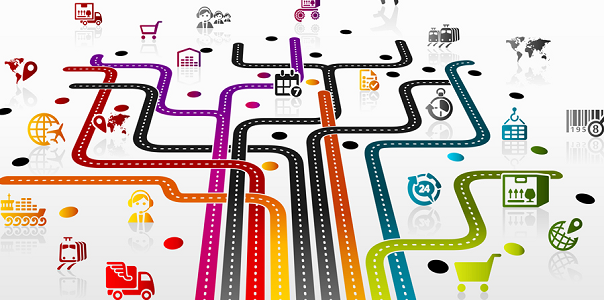The Internet of Things (IoT) has rapidly become one of the most familiar — and perhaps, most hyped — expressions across business and technology. That hype, however, is entirely justified and is backed up by the numbers.
The world will see 25 billion Internet-connected things by 2020, Gartner, an American research and advisory firm providing information technology related insight, estimates that the IoT will produce close to $2 trillion of economic benefit globally. These things are not general purpose devices such as smartphones and PCs, but dedicated objects, such as vending machines, jet engines, connected soap dispensers and a myriad of other examples.
What is the IOT
The Internet of Things is the concept of a world in which most living and non-living objects will have sensors and monitors that transmit data through wireless. According to this idea, eventually anything that you can dream of being connected to the Internet will be, with an end goal of performing more automated, efficient tasks.
Example of internet of things at enterprise level: Some insurance companies, for example, now offer plans that require drivers to install a sensor in their cars, allowing insurers to base premiums on actual driving behaviour rather than projections.
The Impact of the Internet of Things
- Smart, connected workplace. Data and control technologies for the workplace will often be wearable, but can include sensors or controllers, and will be connected.
- Business process monitoring, control, & optimization. Business activities in the office and in the field will be deeply instrumented, measured, and once they are quantifiable, they can more systematically improve.
- Enhance and extend IT. IoT will project the IT presence of the organization globally and extend the enterprise’s reach.
- Automation of products and services. Companies will IoT-enable their products and services, but next design them for and around IoT.
- Business intelligence. Just like big data did for social media, there will be new levels of insight into the real world and how it actually works, and businesses will adapt accordingly.
- Staying engaged and connected with customers & the marketplace. By being connected in a meaningful way 24/7 with millions of customers through IoT-enabled systems engagement, organisations can remain relevant, and stay ahead of the competition.
It is essential for enterprises to understand how the IoT can enable transformation of their business and industry. Manufacturing and retail are two sectors with particularly high expectations of the IoT. Utilities, industrial sectors, connected cars, healthcare and consumers are other verticals at the forefront of IoT investment. Leveraging IoT in vertical industries will definitely revolutionise the traditional way of doing things.
For further details and assistance on IOT contact Anglo African Connsulting team on 2331636 or via email: contact@infosystems.mu.

